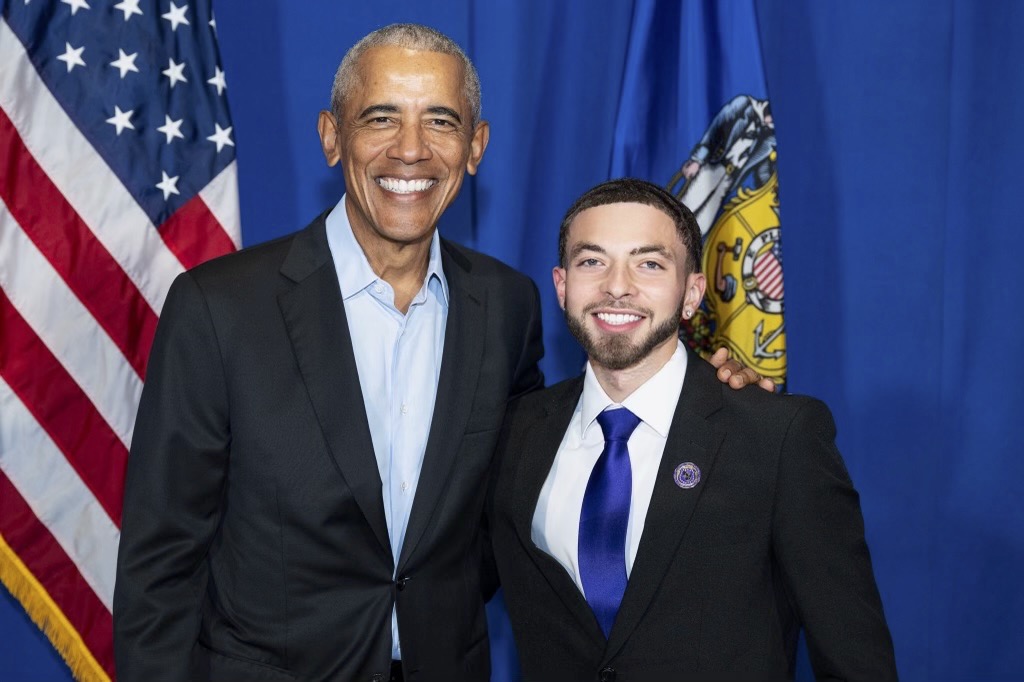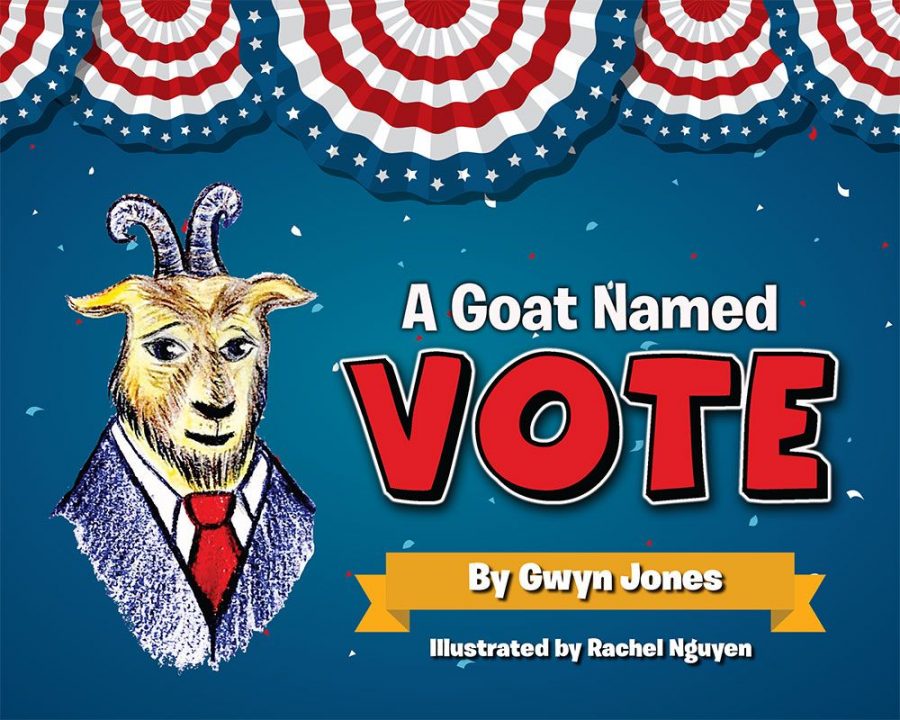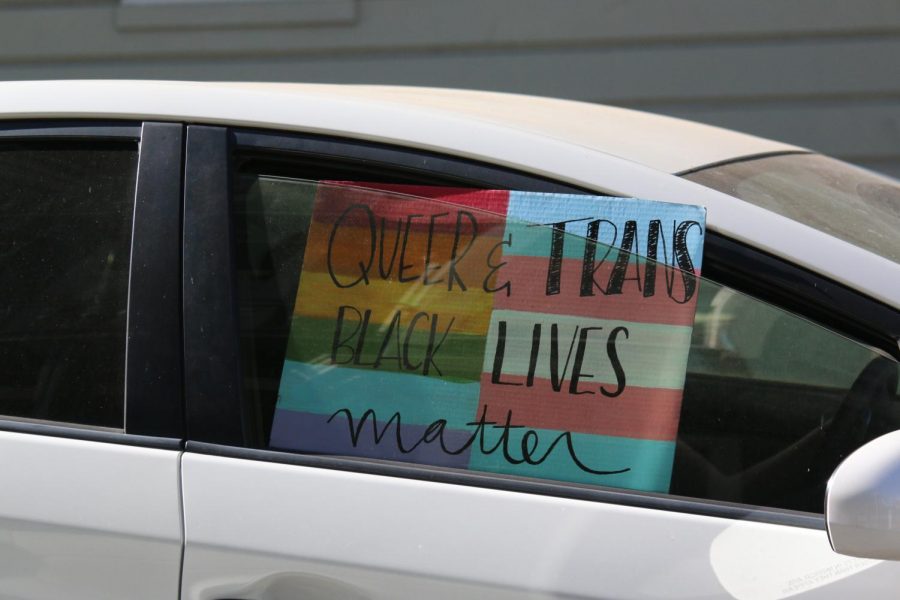
Where were you on Sept. 11, 2001? Like most college-age students, you were probably in an elementary school classroom trying to understand what you were seeing on the television. You may have seen your teachers or principal crying. After school, you probably saw your parents holding back tears as they were glued to the nightly news that evening. Most significantly, you probably felt empathy.
In the wake of the recent anniversary of 9/11 and the killing of U.S. Ambassador Chris Stevens, we began to reflect on how this country reacts to tragedy. Unfortunately, we found that people are often far too concerned with placing blame rather than giving victims and family members the solemn respect they deserve.
On Sept. 12, 2001, we came together and truly were America. We were mourning for the victims and their families. We were not seeking to blame liberals or conservatives for what had happened. The blame eventually found its way to war in the Middle East, where thousands of innocent people have paid the ultimate price for the actions of a few.
When Hurricane Katrina occurred in 2005, the blame immediately fell on the Bush administration for failing to handle the situation properly. We agree that at least some of this blame was warranted, but that’s not even what is most concerning now. More than 1,800 people died in Katrina, about half of the number of casualties of 9/11. But do these victims get half of the amount of respect that others give on Sept. 11 each year? Nowhere near it. The devastation of Aug. 29, 2005, remains largely forgotten, clouded with the hush of negative politics everyone would rather not think about. Were these victims not equally innocent, equally American?
In 2011, when former Rep. Gabrielle Giffords was shot in Tucson, Ariz., people immediately began to overlook the catastrophe that 18 people were shot and six of them were killed. Rather, many were blaming politicians on the conservative side. Did we really think Sarah Palin was responsible for the shooting? Would this shooting have received less attention if it had been a Republican shot in the head? These were some of the questions circulating, perhaps even more prominently than the wonders about whether Giffords and the others would survive.
When faced with the recent horrors that occurred in Aurora, Colo. and Oak Creek, the nation mourned briefly for the shooting victims but then jumped right into a nationwide shouting match about gun control. Obviously the issue needed attention and discussion, but didn’t these people deserve more respect? Were their deaths only worth becoming a talking point for political policy?
And finally, when the U.S. ambassador to Libya was killed last week, the most recent high profile American death instantly became a partisan issue. Just after news of the attack broke, the Romney campaign delivered a premature statement falsely accusing President Obama of apologizing to the people attacking U.S. embassies in Libya and Egypt. In reality, however, the U.S. Embassy in Egypt’s statement (not Obama’s) had come before the killing of Stevens and the other American diplomats and had simply condemned the religious intolerance exhibited in a film produced in the U.S. that was offensive to Muslims. In the midst of an election season and with four embassy officials dead, candidates are attempting to take any hit they can to smear the other’s reputation.
It’s time to stop politicizing tragedy for personal gain. Politics obviously have a place in all of these events, and political responses must in turn be examined, but these events merit compassion first and foremost. We cannot allow political banter to take away from the honor and the mourning these people deserve. We should use these times to strive for unity and progress, not division and hatred.







